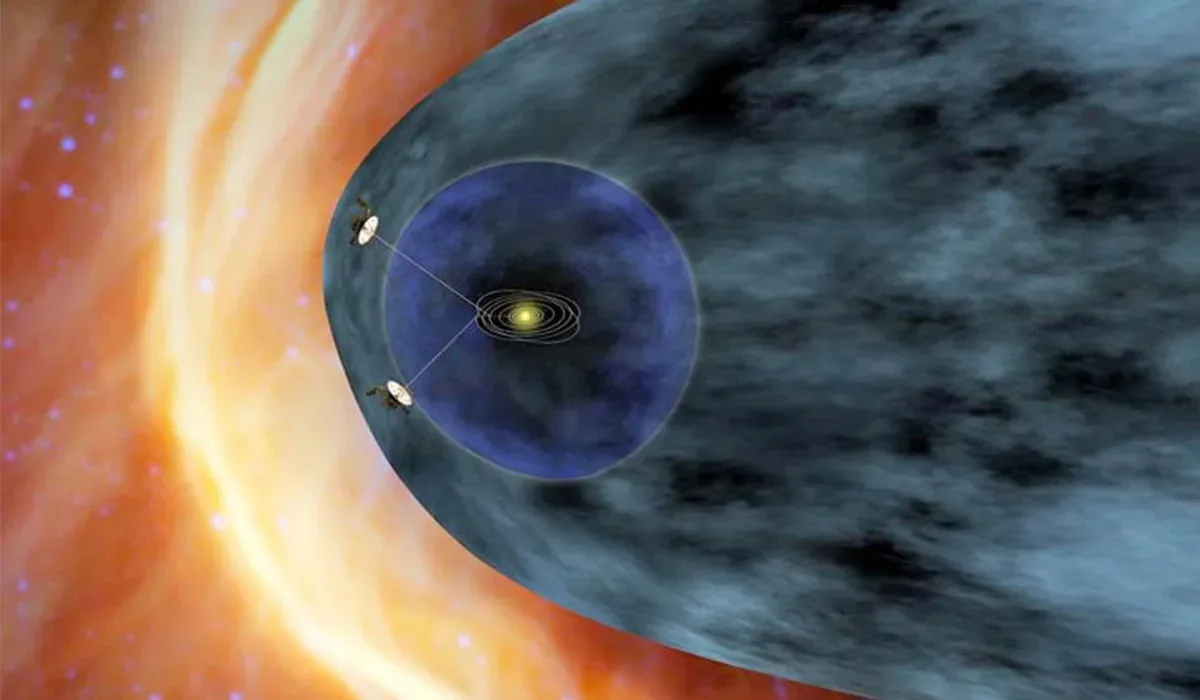Of course, science does solve many of our problems or at least offers potential future solutions. There are many sources with well-researched answers to science-related questions, which comes in handy if you’re doing some research, writing a science-related essay, or looking for your homework science answers.
However, it may shock you that some surprisingly simple concepts remain a mystery to scientists as they are to all of us. So, what are these questions that science has no answers to? You may ask. Let us take a look at some of them, shall we?
Science has no Answer to the following questions
1. Why do we sleep?
We all know that every creature on earth enjoys the right amount of sleep, although the hours we spend sleeping vary greatly. While sleep has many benefits, from rejuvenating our brains to enhancing physical growth, to mention a few, it turns out science does not have a clue as to why we fall asleep.
We have explanations of the process of sleep, stages of sleep, sleep benefits, and sleep disorders, but what is missing is a clear explanation as to why we fall asleep in the first place.
2. Why do we dream?
Whether it’s dreaming about falling into an abyss, winning the lottery, having an embarrassing moment at work or school, or being chased by something or someone dangerous, we all dream when we fall asleep. But unfortunately, while there are explanations as to why we dream, there is no solid answer to why we do so.
Psychologists explain that dreams consolidate memories, express one’s deepest desires, and process emotions. For instance, one of the fathers of psychology, Sigmund Freud, explains that dreams represent our unconscious desires, thoughts, wish fulfillment, and motivations. Therefore our deepest desires, what we truly wish for, and our motivations find their way into the conscious part of our minds through dreams.
While it’s a legit explanation, the bottom line is that the answer to this question remains a mystery to scientists worldwide.
3. How do birds migrate?
Birds migrate from one place to another due to a couple of reasons. They do so to escape the harsh weather conditions, find food, and find mates, to mention a few. So, yes, they do migrate, but there has not been a single consensus that has emerged on how they manage to do so, even when they have never been there before.
Although scientists suggest using stars and the earth’s magnetic fields to migrate from one place to another, no one knows how they reach their exact destination without any guidance.
4. Why is ice slippery?
Of course, there is an obvious explanation for how water turns into ice. When the liquid cools down, its molecules’ potential energy reduces, and when it reaches around 0°C, the molecules stick together to form ice.
Well, we now know how ice is formed. But why is it slippery? That remains a mystery.
5. What are the universe’s boundaries?
Scientists suggest that the universe is flat. But does it have any boundaries? That remains a mystery because we can only see the ‘observable’ part of the universe. This part goes on for approximately 46.5 billion light-years in all directions. We interact with things that are within about 16 billion light-years. So the question remains. How far does it go past that?
6. What happens after one dies?
We all have been affected by death, and truth be told, losing a loved one is a painful experience. Different philosophers and religions each have ideas of what happens to someone after death. On the other hand, scientists can explain the process that leads to natural death.
As much as no one can rule out these ideas as false, the bottom line remains; no one knows how someone dies or what exactly happens after death. Well, that is before we die ourselves; then, we will know.
7. What is consciousness?
According to psychology, consciousness is an individual’s awareness of their unique thoughts, memories, feelings, sensations, and environment. While this is true, scientists have found it difficult to explain how the brain generates consciousness.
Final thoughts
This is just the tip of the iceberg. There are so many other questions that science has no answers to. But that doesn’t mean that scientists will not get answers to some of these questions eventually. After all, scientists are out there still making discoveries.





Share Your Thoughts